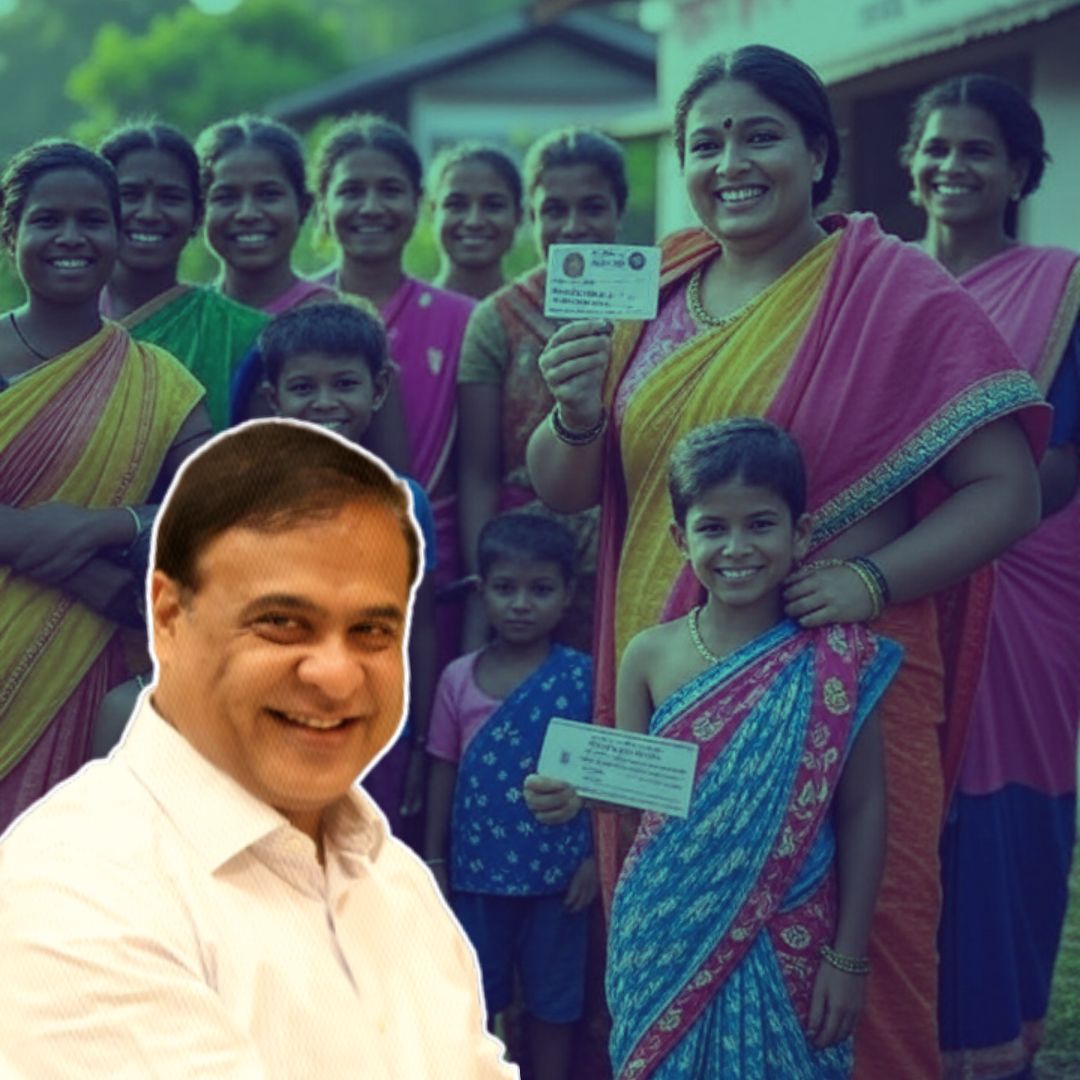Assam Chief Minister Himanta Biswa Sarma has announced a significant policy reform that reserves 50% of supervisor posts in the Women and Child Development Department for Anganwadi workers with a minimum of 10 years’ service, effectively doubling the previous 25% quota.
Additionally, the Assam cabinet has granted Other Backward Classes (OBC) status to the transgender community, restricted to original inhabitants of Assam who will be issued official identity cards.
These landmark decisions, made public on June 22, 2025, aim to enhance representation, job security, and social welfare for two historically marginalised groups. Officials emphasise that these measures will strengthen grassroots empowerment and promote social justice in the state.
Doubling Reservation for Anganwadi Workers and Recognising Transgender Rights
In a press briefing following the cabinet meeting, Chief Minister Himanta Biswa Sarma elaborated on the new reservation policy for Anganwadi workers. “Previously, only 25% of supervisor posts were reserved for Anganwadi workers, but now this has been increased to 50%.
This reservation is specifically for those workers who have served for at least 10 years,” he said. The remaining 50% of supervisor posts will be filled through the state-level recruitment process. This move is expected to provide career advancement opportunities to thousands of Anganwadi workers, who are frontline providers of child nutrition and maternal care in Assam’s rural and urban areas.
On the transgender community’s inclusion, Sarma stated, “The Assam cabinet has approved granting OBC status to transgender persons who are original inhabitants of Assam.
These individuals will be issued identity cards to ensure they receive the benefits of this status.” This recognition is a crucial step toward social acceptance and access to government welfare schemes, scholarships, and reservations in education and employment.
Contextualising the Reforms: Background and Broader Implications
The Assam government’s decision comes after years of persistent demands from Anganwadi workers for greater recognition and job security. Anganwadi workers have long been the backbone of the Integrated Child Development Services (ICDS) scheme, yet many have faced low wages and limited career progression.
By reserving half of the supervisor posts for experienced Anganwadi workers, the government acknowledges their vital role and seeks to motivate better service delivery. Similarly, the transgender community in Assam has historically faced social stigma, discrimination, and limited access to education and employment.
Granting OBC status aligns with efforts across India to provide transgender persons with legal recognition and affirmative action benefits. However, the stipulation that only original inhabitants of Assam qualify for identity cards and benefits may spark debate on inclusivity, especially for transgender individuals who may have migrated or belong to other communities.
The cabinet also approved enhanced honorarium for Cook-cum-Helpers under the PM POSHAN scheme and introduced welfare schemes for other marginalised groups, signalling a broader commitment to social equity.
The Logical Indian’s Perspective
The Logical Indian welcomes Assam’s progressive measures as a positive stride toward fostering dignity, equality, and empowerment for marginalised communities. By doubling the reservation for Anganwadi workers, the state not only rewards their dedication but also strengthens grassroots health and nutrition services critical to Assam’s development.
Similarly, recognising the transgender community as OBCs with official identity cards is a vital step toward dismantling social barriers and ensuring equitable access to resources. However, the condition limiting benefits to original inhabitants invites reflection on how inclusivity can be balanced with targeted welfare.
As Assam sets an example in inclusive governance, it is imperative that other states learn from and build upon these initiatives to create a truly equitable society. How can policymakers ensure that affirmative action reaches all deserving individuals without exclusion?













